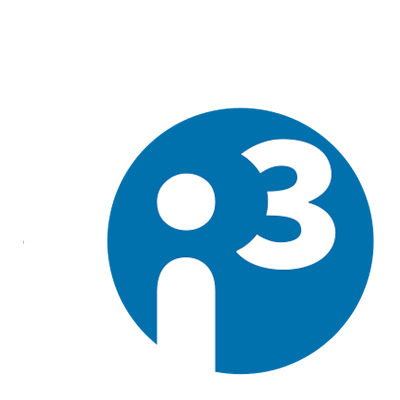
Developing an Information Management Strategy
Online Global Course
“Without strategy execution is aimless”
Organisations from across New Zealand and Australia have benefited from the insights delivered in this workshop.
Now available as an online course you can take at a time and place that suits you.
It is also provided as an in-person 1 day workshop or tailored workshop on request (New Zealand & Australia).
Developing an IMS Global Course
Information is the lifeblood of any organisation. It plays an essential role in every decision an organisation makes or expects to make. Using and managing information well is critical to effectively and efficiently delivering services.
The information held by organisations informs decisions about service delivery, supports evidence-based policy development and decision-making, and helps measure performance and effectiveness.
What is an information management strategy?
At a basic level a strategy is a plan to achieve a goal or set of goals.However an effective information management strategy is much more than this.
A well-developed information management strategy clearly articulates an organisation’s key problems and issues (both strategic and operational).
It outlines how information can be effectively managed to not only address problems and issues but also create new insights and opportunities.
It provides clear principles contextualised to the organisation which provide guidance on managing information and informing projects and activities.
What does the course cover?
This global course will step you through the strategic development process using real world examples to support your learning.
Introducing a number of tools and techniques on the completion of the course you will have developed a thorough understanding of the strategic development process and how to develop an effective information management strategy.
You will be able to clearly articulate the benefits of an information management strategy. The course covers a number of useful tools and techniques that will be useful throughout your career.
Why invest in this course?
Study at a time and pace that suits you
Real world case studies throughout the course help illustrate how you can apply the course knowledge to real situations
Numerous tools and artefacts to utilise back at work in the real world
Understanding the strategic development process is a key leadership requirement and critical to your career development if you are seeking to get into more senior roles.
Frequently asked questions (FAQs)
How long will the course take to complete?
The course will take approximately 35 hours to complete noting that this is an estimate and everyone learns differently. However you have up to 12 months within which to complete the course.
How long will I have access to the course?
You will have access to the course for 12 months. After 12 months you will still be able to access the course as currently iQualify allows you to access your course once completed via your past courses indefinitely.
Do I receive a certificate of completion?
Once you have completed the course you will be issued with a digital badge. Badges, also called open badges, are micro-credentials - a form of digital recognition for skills and achievements. They are verifiable, portable, shareable, and embedded with metadata about skills and achievements. You can learn more about Badges here.
What platform is the course developed and hosted on?
The course is developed on the iQualify platform which was developed by the Open Polytechnic of New Zealand.
Course overview
The strategic value and benefits of an Information Management Strategy
Keys steps in developing an Information Management Strategy
Structure and content
Typical workstreams
Governance
Prioritising workstreams
Communications and buy-in
Benefits realisation
Tools
Critical success factors and achieving transformation
Real life case studies to illustrate course learning outcomes


